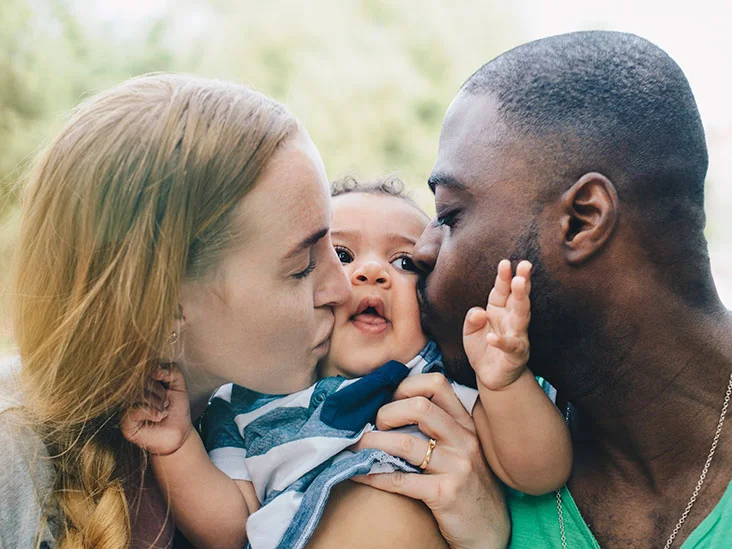Have you ever wondered about what is the best age to have a baby? It’s a question that sparks curiosity and excitement in couples who have been thinking about starting a family. Here, we’ll explore the most frequently asked questions surrounding this topic and will provide you with insights to help you make an informed decision about your fertility.
Understanding your biology
When determining the best time to have a baby, biological factors play an important role. In today’s environment, it is quite normal for women to postpone having children due to professional goals and lifestyle choices. However, when doing so, it is important to keep in mind your biological clock. But what is this? And how does it impact you getting pregnant?
Simply put, the biological clock is the natural loss in fertility that both women and men experience as they age. Every year, as you grow older, the quality and amount of eggs produced by your body decline. And typically, around the age of 35, this decline becomes more pronounced. As a result, the likelihood of conceiving naturally decreases, and the risk of complications such as miscarriage and chromosomal abnormalities rise significantly. Similarly, for men, the biological clock affects the quality and quantity of sperm being produced, leading to potential infertility problems.
Ideally, to avoid age-related fertility issues, fertility experts say that it is best to have a baby before the age of 35. If you are someone who wishes to delay your pregnancy, it is wise to plan in advance and consider measures like egg and sperm freezing. The age at which these eggs and sperm are frozen, has a significant impact on the success of this procedure. The sooner they are frozen, the better the chances of conception – even if you use them after the age of 35. A specialised private fertility clinic in London is a good place to start if you are considering any of these services, as they can guide you in the right direction.
What else impacts my fertility?
In addition to age, several other factors can influence fertility. Certain medical conditions can have a negative impact on the health of both mother and baby. For example, the risk of gestational diabetes, high blood pressure and chromosomal abnormalities rise as women get older and this is considered more dangerous.
For a safe and successful pregnancy, it is essential to be aware of these factors and plan your journey well in advance. For example, we all know that maintaining good health is vitally important before conceiving. Exercising regularly, eating a balanced diet, and reducing stress can all positively impact fertility.
Additionally, it is important to address any existing health concerns, such as treating chronic health conditions, managing weight, and reducing harmful habits like smoking or alcohol consumption where possible. Simply put, good overall wellbeing can improve your chances of conception.
Personal readiness: Emotional and physical factors
Having a baby is not only a biological decision; it is also an emotional and financial commitment. Starting a new family can bring major lifestyle changes which may require some adjustment. However, planning well in advance for these expenses, and setting up an emotional support system can make your journey smoother.
It is also recommended to prioritise talking about your career and educational commitments with your partner, to balance your developmental goals alongside family planning. Ultimately, having plans and feeling prepared emotionally can go a long way towards making your fertility journey a positive one.
The best age to have a baby
Biologically speaking, the best age to have a baby is before you reach 35. But realistically, we know that this isn’t always possible. You may not feel ready, and you may not have met the right partner. If you know you might want to have a baby one day you should consider freezing your eggs as early as possible to give you the best possible chance of conceiving in the future. This also removes the pressure of finding the right partner until you are good and ready. Whatever you decide, keep in mind that your healthcare professional and your loved ones are vital resources to lean upon throughout your reproductive journey.

